The importance of "Thinking"
After many years of working in a high-stress environment, a friend’s health condition has decayed significantly. Taking recommendations from his friend, he went to seek consultation from Doctor A. After following Doctor A’s prescriptions, he hears another friend’s recommendation to a Traditional Chinese Medicine Doctor B and upon hearing Doctor B’s methods are also not too bad, decided to switch his treatment to that prescribed by Doctor B. After a while, he found Doctor C on the internet, who recently returned from overseas and seemed very good, he decided to switch to Doctor C.

After switching doctors several times, his health condition did not show any signs of improvement, and still he talks about the many discomforts he suffers yet still trying different doctors X,Y and Z. It seems like he’s always visiting doctors and constantly trying out new ways to improve his health.
Does this sound like someone you know?
This friend probably didn’t invest enough time to think about why doctors A,B,C…..X,Y and Z were good? Why were they good? Rather than researching in detail, or even consider if the different methodologies prescribed by each Doctor were suitable, he blindly thought they were just good and decided to give it a try.However, during these trials, he’s lost valuable time and money. Consider his behaviour and are there any resemblance to ourselves?How accurate are these large volume of information at our fingertips?
We often make decisions based on what we hear, but without any testing or thinking using our knowledge or common sense. This approach in decision making is prone to mistakes and easily influenced by the authors of articles especially in this age of fast paced information overload and ease of information sharing to our network of friends.Everyone can be our own expert through deep and detailed thinking.
Becoming an expert requires a solid knowledge foundation and a great amount of time in detailed learning of the subject matter. In this age of information overload, what we need to learn is not about how to obtain the information, but how to eliminate unwanted information and detailed learning.Upon receiving a new piece of information, we must ask ourselves if we have any views or can we explain it based on our current knowledge or common sense? Does it make sense? If so, why does it make sense? Can I explain the reasoning to another person?Or if you feel it is unreasonable, then why is it unreasonable? If you don’t have any views, why not ask ourselves why is it we do not possess any views? Is it because it is irrelevant to us? Or is it really irrelevant?If you repeat this process and ask ourselves these key questions, you’ll find that you’ve already started to take interest in this new information.
Now that you’ve taken interest and have some questions, you can start researching on your own or ask an expert around you to see whether your views are in fact correct. Are there examples in real life that also take on the same explanation? During this process, you’ve already started learning, and compared to where you started, you’ve now obtained a broader understanding of the background knowledge and also a lot more confident in your own views.Going forward, if you ever see similar information or a subject for discussion with your friends, you can leverage off your previous experience and research to express your views to others and in this process, you might come across some unexpected new views or comments to further enhance your understanding on this subject matter.During this repeated process, you’ll realise your views on any subject have broadened slowly. You’ll also have increased the level of interest on new things, wanting to dig a lot deeper, think in a lot more detail and slowly your views have broadened significantly.
So next time you hit “Share”, try thinking in a lot more detail before you really share.

